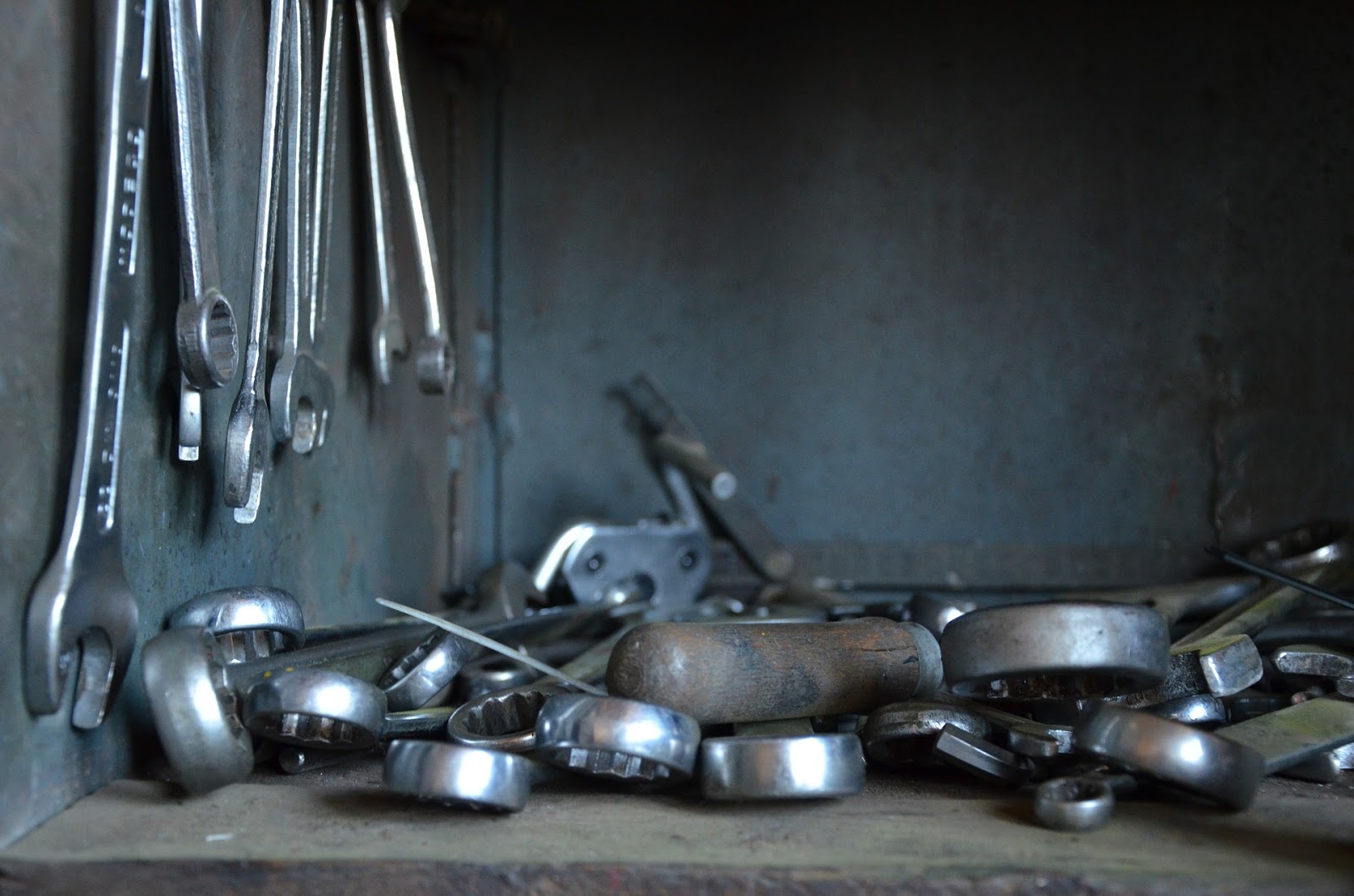Chromate conversion in Chicago coatings is a type of conversion coating that is applied to passivate zinc, aluminum, cadmium, silver, copper, magnesium, tin, and their alloys to retard corrosion.
The process involves the use of various toxic chromium compounds that can include hexavalent chromium.
The industry is now developing less toxic alternatives to comply with the substance restriction legislation.
One option is the trivalent chromate conversion, which is less harmful to the environment.
Chrome plating is typically used on galvanized parts to defend zinc from white corrosion, which is primarily a cosmetic issue.
It cannot be applied directly to steel or iron, and does not enhance the anodic protection of the underlying steel's zinc against brown corrosion.
It is also used most often in aluminum alloy parts in the aircraft industry, where it is often referred to as a chemical film.
It also has additional value as a primer for subsequent organic coatings, as any untreated metal, especially aluminum, is difficult to paint or glue.
A chrome part retains its electrical conductivity to varying degrees, depending on the thickness of the coating.
The process can also be used to add color for decorative or recognition purposes.

Comments
Post a Comment